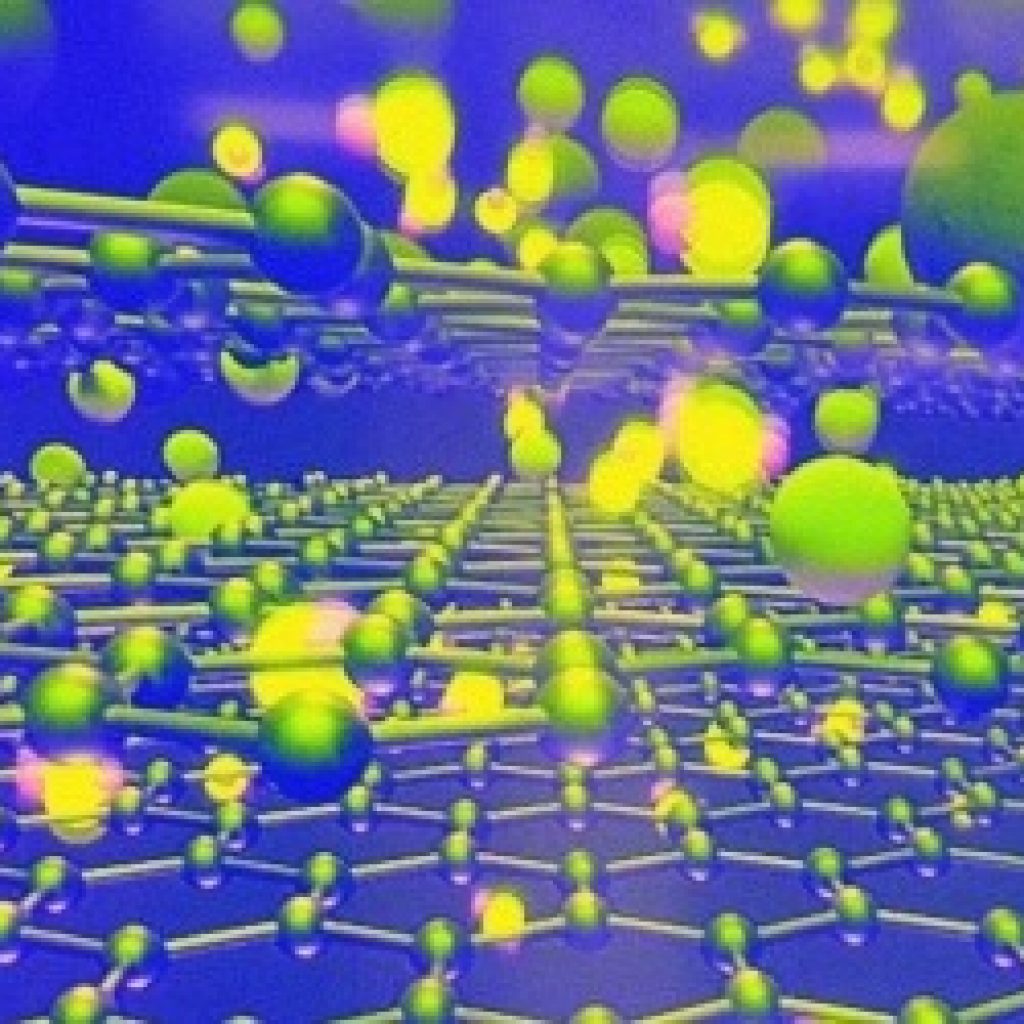(Futurism) Error correction a major focus of quantum computer developers. Qubits – the basic units of quantum communication – central to quantum computers are incredibly fragile, prone to switching between states at the slightest disruption. Developers need to find a way to keep the systems functioning even if an individual qubit is corrupted.
Now, a team of U.S. physicists has used the “supermaterial” graphene to uncover several entirely new quantum states — and they think the discovery could lead to quantum computers that don’t need error correction at all.
Researchers from Brown and Columbia Universities stacked two layers of graphene on top of one another, separating them with a layer of another two-dimensional material — hexagonal boron nitride. They then blasted the structure with incredibly strong magnetic fields, they found it produced never-before-seen quantum states that have the potential of hosting non-Abelian wave functions.
Abelian states are able to “remember” their past positions in relation to one another, and that ability could lead to the creation of quantum computers that don’t need error correction at all — eliminating one of the major hurdles between us and quantum computers.
Never-Before-Seen Quantum State from Stacked Graphene May Not Need Error Correction
